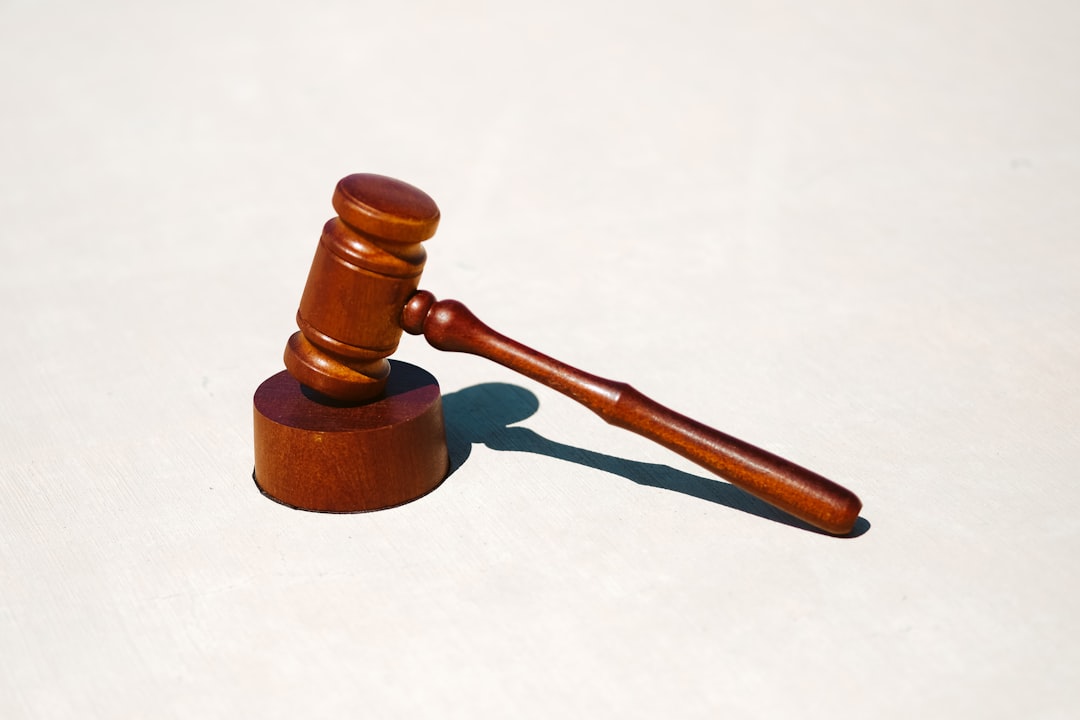Pittsburgh's sexual assault legislation has evolved significantly over time, driven by public advocacy in the '70s and '80s and further boosted by reforms initiated in the early 2000s. These changes, led by rape attorneys in Pittsburgh, PA, have strengthened legal definitions, improved evidence collection, enhanced penalties, and established specialized courts, resulting in better access to justice for survivors. Their expertise and advocacy have contributed to a safer Pittsburgh through substantial enhancements to Pennsylvania's legislative framework regarding sexual assault.
“Pittsburgh’s legislative journey in addressing sexual assault reveals a transformative evolution over time. This article delves into the historical perspective of sexual assault laws in the city, highlighting pivotal milestones and the impact of advocacy. From key legislation changes to the indispensable role of rape attorneys in Pennsylvania, we explore how these factors have shaped the legal landscape for victims. Understanding this history is crucial in appreciating the ongoing efforts to combat sexual violence in Pittsburgh.”
Evolution of Sexual Assault Laws in Pittsburgh, PA: A Historical Perspective

Pittsburgh, like many cities across the nation, has witnessed a significant evolution in its sexual assault legislation over time. Historically, the approach to rape and sexual violence was largely influenced by societal norms and attitudes that often favored the accused. In the early 20th century, Pennsylvania’s laws regarding sexual assault were relatively vague, making it challenging for victims to seek justice. This changed gradually as public awareness and advocacy efforts grew, leading to more stringent legislation.
The movement towards stricter rape laws gained momentum in the late 1970s and 1980s, with a focus on holding perpetrators accountable and ensuring better support for survivors. This period saw the introduction of more defined legal terms and standards of evidence, empowering rape attorneys in Pittsburgh, PA, to better represent their clients. These advancements marked a turning point, shifting the narrative from blaming victims to prioritizing the rights and safety of individuals affected by sexual assault.
Key Milestones in the Fight Against Rape: Legislation Changes and Their Impact

The fight against sexual assault in Pittsburgh, PA, has been marked by significant milestones and legislative changes that have shaped the city’s response to this critical issue. One of the key turning points came in the early 2000s when advocates and rape attorneys in Pittsburgh PA worked tirelessly to amend existing laws, aiming to improve protection for survivors and hold perpetrators accountable. These efforts resulted in crucial modifications to the state’s sexual assault legislation, strengthening legal definitions and procedural safeguards.
These changes included enhancing penalties for sexual offenses, mandating more thorough forensic evidence collection, and establishing specialized courts and units dedicated to handling sexual assault cases. The impact of these legislative reforms has been profound, providing survivors with increased access to justice and support services. Rape attorneys in Pittsburgh PA have played a vital role in navigating these legal advancements, ensuring that victims’ rights are protected and perpetrators face appropriate consequences for their actions.
The Role of Rape Attorneys in Shaping Sexual Assault Legislation in Pittsburgh

Rape attorneys in Pittsburgh, PA, have played a pivotal role in shaping and influencing sexual assault legislation within the city and its surrounding areas. These legal professionals specialize in cases involving rape, sexual abuse, and other forms of sexual violence, advocating for victims’ rights and seeking justice. Over time, their efforts have led to significant changes in state laws, ensuring better protection for survivors and stiffer penalties for perpetrators.
The expertise of rape attorneys lies in navigating complex legal systems and raising awareness about the impact of sexual assault. They actively participate in policy discussions, providing insights that reflect real-world experiences. As a result, legislation has evolved to include more stringent definition criteria for rape, improved procedures for evidence collection, and enhanced support services for victims. This collaboration between attorneys and policymakers has been instrumental in refining Pittsburgh’s approach to addressing sexual assault, ultimately aiming to create a safer environment for its residents.






